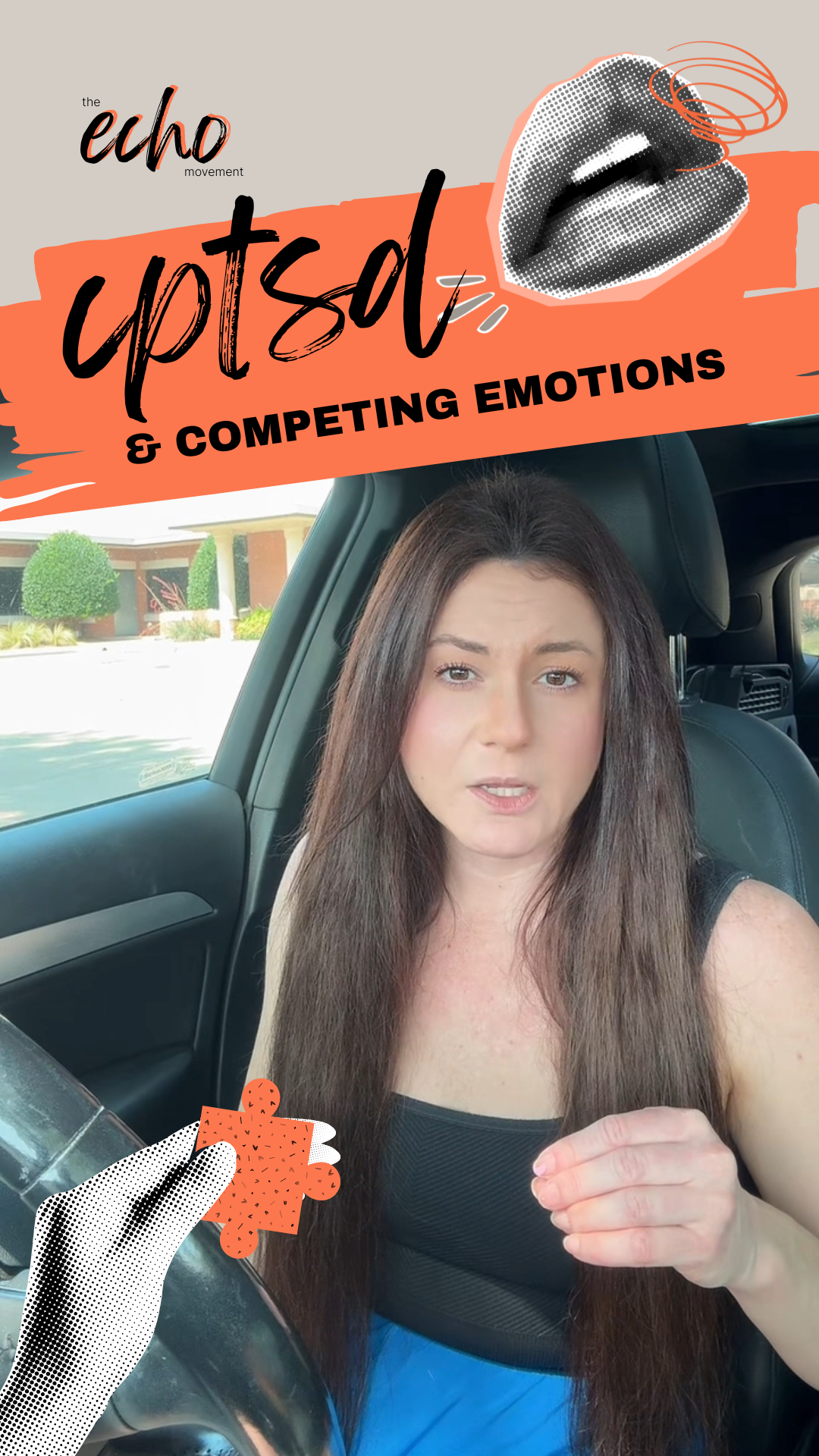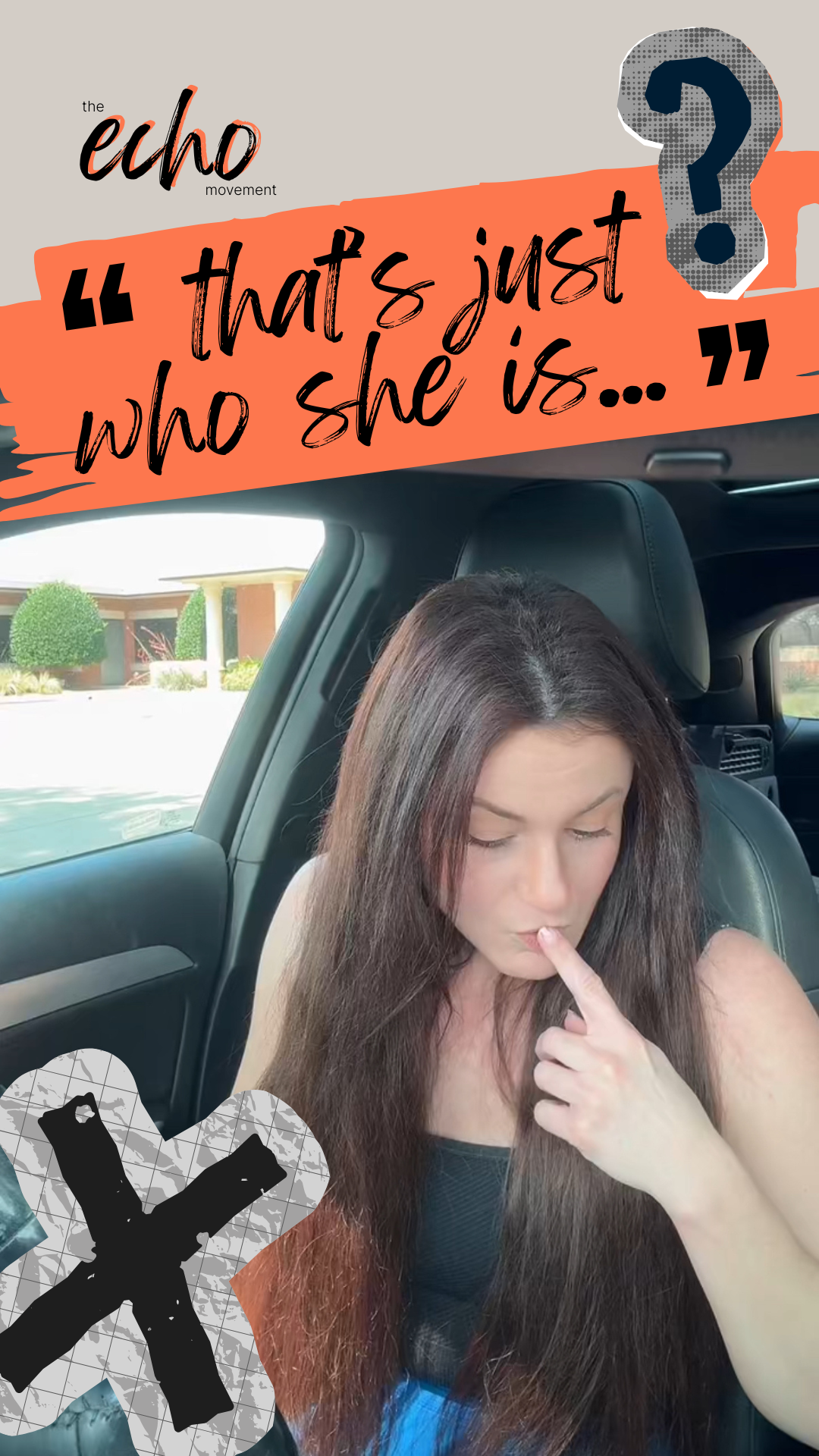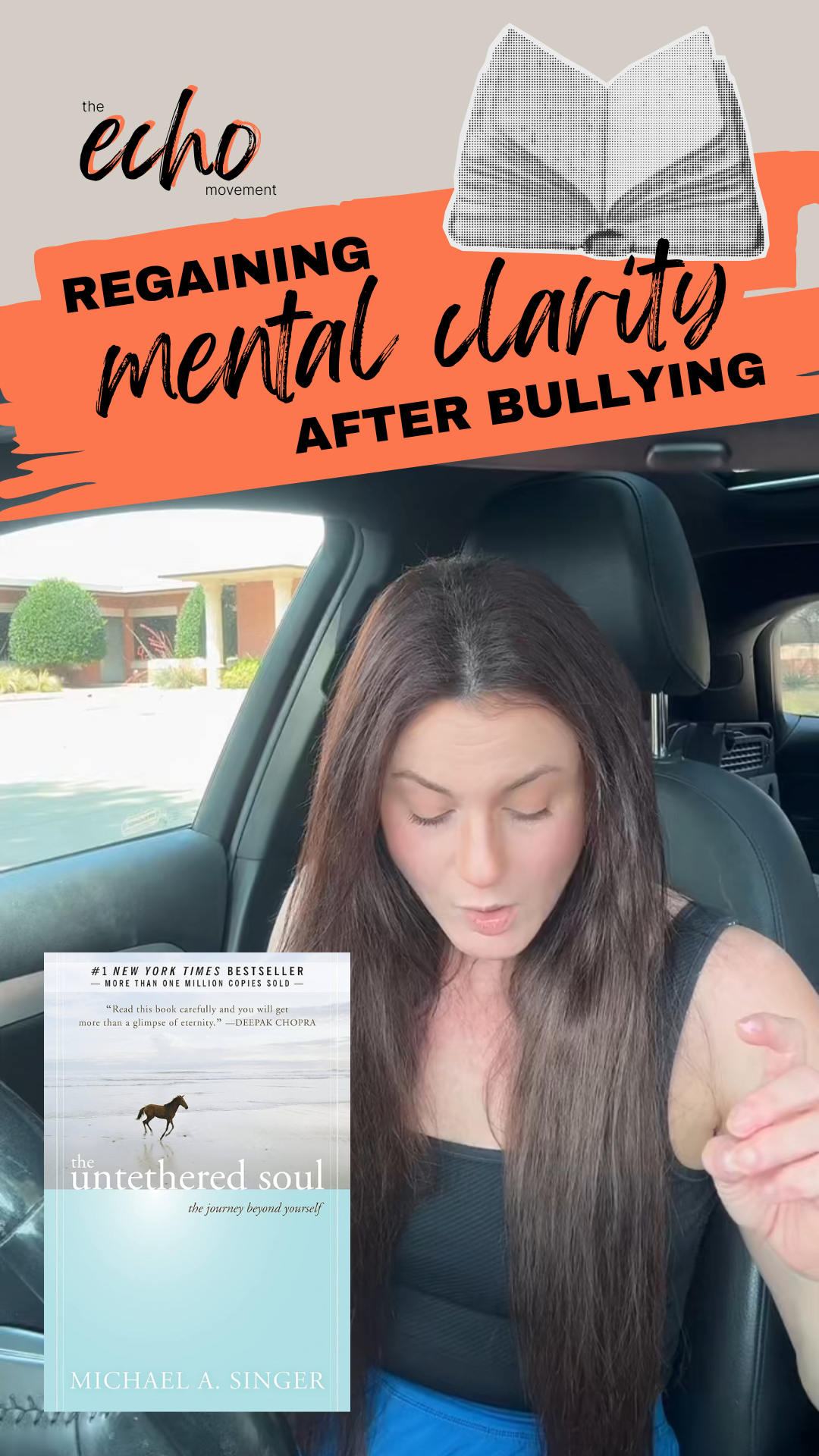Bullies Don’t Fit Stereotypes
When most people think of bullying, they picture the schoolyard bully — loud, aggressive, and easy to spot. But the truth is, the most dangerous bullies often don’t fit that stereotype at all. They can be people you’d never expect: a sibling, a best friend, a co-worker, or even someone in a respected profession… like a doctor.
Bullies Don’t Always Look Like Bullies
These individuals don’t always raise their voices or throw punches. Instead, they operate in the shadows — gossiping, lying, undermining, and plotting behind closed doors. They take every opportunity to tear others down, while keeping a public image that makes them seem harmless or even trustworthy.
Why Hidden Bullying Is So Harmful
Covert forms of bullying are especially damaging because they are harder to identify and even harder to prove. Victims may be accused of “overreacting” or told that the behavior isn’t serious. This isolation allows the bully to maintain control while their target suffers in silence.
This type of behavior often falls under categories such as:
- Relational Bullying: using exclusion, gossip, or manipulation to control others.
- Social Bullying: spreading rumors, turning groups against someone, or damaging reputations.
- Emotional Bullying: gaslighting, intimidation, or psychological abuse that leaves deep scars.
For a broader overview of these dynamics, learn more on What Is Bullying.
Breaking the Stereotypes
It’s time to break the myth that bullies only look or act a certain way. They don’t wear a label on their forehead, and they don’t always appear threatening. Some of the most destructive bullies are the ones who smile in your face while working to destroy you in private.
Recognizing this reality is the first step toward accountability and change. When we understand that bullying can come from anyone, we can start protecting ourselves and others in more effective ways.
Share Your Story
At The Echo Movement, we believe every story matters. If you’ve experienced bullying — whether from a sibling, a friend, a co-worker, or someone in a position of power — your voice deserves to be heard. By sharing your story, you help break the silence and create accountability.






